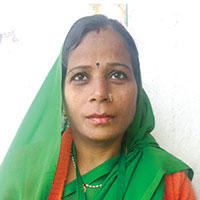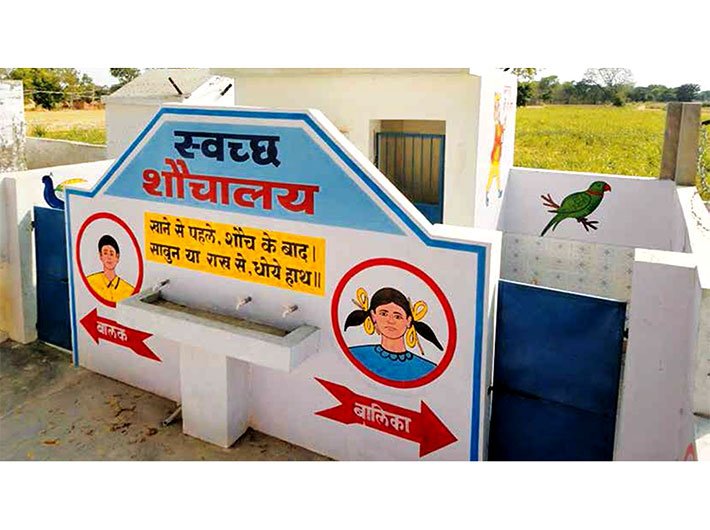A woman from a village on the outskirts of Varanasi narrates the travails of open defecation

Asha Devi
Mornings in my village are not very pleasant. This is despite the fact that I live in a lush green, idyllic hamlet which has all the peace that people in big cities crave for. Mornings are indeed the worst time of the day for me as I have to walk 5 km every day to answer nature’s call. I have to rush so as to finish off and return before the sun is up. If the sun rises, I have no option but to hold on till evening – no matter what. When I was a child, I remember, I had hopes that villages of our country would be better off by the time I grow up. I am in my late 30s now and there is still no toilet in my home in Khushiyari village [on the outskirts of Varanasi, population: about 3,000]. Such is the agony every woman here has to suffer, day in and day out.
Sometimes we don’t answer nature’s call for 12 hours until it gets dark again. We hide ourselves behind the crops. However, there are times when there are no crops and men can see us even from a distance. We can do nothing about it. We are scared when we get to hear of molestation and even rape of women who had gone far away in dark for defecation. There have been occasions when during rains snakes and other reptiles come out and the fields become dangerous. But do we have any alternative but to risk our lives?
I am an ASHA [accredited social health activist] worker. My work is to spread awareness about healthcare and disease prevention. But I can see my village faring badly because of open defecation. Health of women, children and even men is at risk. Unavailability of a place to change and relieve ourselves during menstruation often leads to more problems. We remain indoors for the day and venture out only during night. Young girls who start menstruating dread that time of the month for the same reason. Every adolescent girl I meet during my rounds in the village has the same story. Pregnant women too go through the agony.
The government has so far not helped us in building individual toilets as well as toilet complexes. There are no public toilets. A few families who can afford it have individual toilets in their homes. But 98 percent households, engaged in farming, have no toilets.
A year back, women in our village formed a ‘green gang’ to drive out alcoholism and gambling from the lives of our menfolk. We succeeded in our effort and our work was recognised by many, including government officials and local politicians. When officials visit our village to see our work, they promise us they would help build toilets. But nothing happens.
A few months ago, we managed to get three mobile toilets at our gram panchayat. Two of these toilets were put in the centre of the village for villagers while one was for use near the gram panchayat bhawan. Sadly, all three toilets got damaged. Doors were blown off in a thunderstorm and the pots cracked in less than a month. All three are still there, but of no use.
Then there is one toilet in the government school, but it remains closed most of the time even for the schoolchildren.
We have tried petitioning the district administration. The chief development officer of Varanasi district acknowledged the need for toilets and promised 50 toilets [including individual toilets and toilet complexes] but nothing happened. One district official recently ignored my plea, saying, “We will get back to you.” She never got back. A copy of the application signed by at least 30 women of the village is still with me.
I remember watching the prime minister’s Independence Day speech [of 2014]. He said, “We are in the 21st century and yet there is still no dignity for women as they have to go out in the open to defecate and they have to wait for darkness to fall… Can you imagine the number of problems they have to face because of this?” Women of my village are still waiting for things to improve.
Asha Devi leads a nascent movement called Green Gang, named after their sari colour.
She spoke with Swati Chandra.
(The article appears in the July 1-15, 2016 issue)
